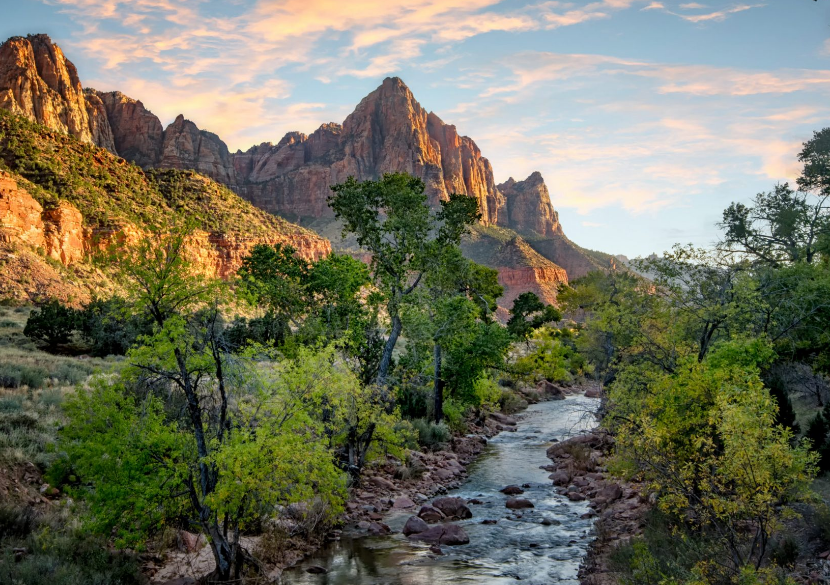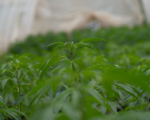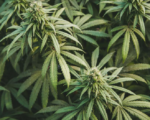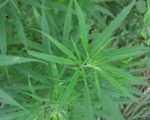President Donald Trump’s administration just signaled a tough new stance on cannabis, directing federal prosecutors to crack down on personal possession in places like national parks. This move reverses what some saw as a softer approach under Biden, sparking debates about states’ rights and drug policy. What does this mean for everyday users and the growing legal weed industry? Stick around for the full story.
Federal prosecutors in Wyoming plan to step up enforcement against marijuana possession on public lands. U.S. Attorney Darin Smith made the announcement on November 13, 2025, saying his office will “rigorously” pursue cases in national parks and other federal areas. This policy shift stems from a September 29 DOJ memo that pulls back Biden-era leniency on simple possession.
Smith’s press release stressed that weed remains illegal under federal law, no matter what states say. He pointed to the harm drugs cause society and vowed to use every tool to fight back. Federal lands in Wyoming include hotspots like Yellowstone National Park, where hikers and campers could now face charges for carrying small amounts.
This isn’t just a local issue. Smith’s move hints at a broader Trump strategy, putting power back in the hands of U.S. attorneys across the country. People who thought federal agents might look the other way could be in for a surprise.
Prosecutors notified law enforcement agencies right away, urging them to ramp up patrols and arrests. One key concern? Illegal grows by cartels in remote forest areas, which have led to pollution and even violence against hikers.
How This Fits Into Trump’s Evolving Cannabis Views
Trump has sent mixed signals on weed over the years. During his first term in 2018, his Attorney General Jeff Sessions scrapped an Obama policy that eased up on state-legal pot. That decision rattled the budding industry and worried users in places like California, where recreational sales had just kicked off.
Fast forward to 2025, and Trump floated ideas like rescheduling marijuana to Schedule III, which could open doors for medical research and banking. In August, he told reporters his team was “looking at” loosening federal rules. Yet this new enforcement push shows Trump won’t fully back off from prohibition, especially on federal property.
A USA Today report from August noted the DEA’s 2024 proposal to shift weed from Schedule I to III, but it’s been stalled since March 2025. Trump’s comments suggested support, yet actions like this Wyoming directive paint a different picture. Analysts say it’s about balancing tough-on-crime promises with growing public support for reform.
Here’s what could change under this policy:
- Increased patrols in national parks and forests, targeting personal use.
- Harsher penalties for possession, even in states where weed is legal.
- Potential clashes between federal and state laws, confusing users and businesses.
Trump’s team argues this protects public lands from illegal activity. But critics worry it ignores shifting attitudes, with more Americans favoring legalization.

Background on Federal vs. State Weed Laws
Marijuana sits in a legal gray area in the U.S. Federally, it’s still a Schedule I drug, lumped in with heroin as having no medical value and high abuse risk. But 24 states plus D.C. allow recreational use, and 38 permit medical pot as of 2025.
The tension peaked under Obama, whose DOJ advised prosecutors to focus on big threats like cartels, not small-time users. Biden built on that by pardoning thousands for simple possession in 2023, including on federal lands like parks. His pardons covered past convictions, but never publicly guided future prosecutions – a gap Trump’s DOJ now exploits.
Data from the U.S. Sentencing Commission shows federal marijuana convictions dropped 61% from 2018 to 2023, thanks to hands-off policies. A 2024 Pew Research poll found 57% of Americans support full legalization, up from 32% in 2000. That’s a huge shift driven by states raking in billions from taxes.
| Year | Federal Marijuana Convictions | Public Support for Legalization (%) |
|---|---|---|
| 2018 | 6,600 | 62 |
| 2023 | 2,576 | 70 |
| 2025 | Projected rise | 74 (estimated) |
This table highlights the drop during Biden’s term and potential rebound under Trump. Researchers at Pew conducted the poll in early 2024, surveying over 5,000 adults nationwide.
States like Colorado and Washington, pioneers in legalization, worry about federal overreach. Local economies depend on tourism and cannabis sales, which topped $30 billion nationwide in 2024, per industry group MJBizDaily.
Impacts on Users, Industry, and Public Lands
Everyday people might feel this the most. Imagine lighting up on a hike in Yosemite – suddenly, that’s a federal crime with real consequences. Fines start at $1,000, and jail time could hit six months for first offenses.
For the cannabis industry, uncertainty looms. Rescheduling talks gave hope for easier banking and research, but aggressive enforcement could scare investors. A January 2025 Reuters analysis warned that Trump’s second term might slow progress, despite his nods to reform.
On public lands, the focus sharpens. Cartels have long used national forests for illegal grows, polluting waterways with pesticides. A 2025 Government Accountability Office report noted over 1,000 such sites in California alone since 2020, leading to environmental damage and safety risks.
This policy could help clean that up, but at what cost to casual users? Advocates argue it unfairly targets minorities, who face disproportionate arrests. FBI data from 2023 shows Black Americans were 3.7 times more likely to get busted for pot than whites.
One thing’s clear: This revives old debates about federal power over states.
Trump’s weed crackdown on federal lands marks a bold return to strict enforcement, clashing with America’s push toward legalization and leaving users, businesses, and states in limbo. As prosecutors gear up, it raises big questions about freedom, safety, and progress.
Maria Garcia is an award-winning author who excels in creating engaging cannabis-centric articles that captivate audiences. Her versatile writing style allows her to cover a wide range of topics within the cannabis space, from advocacy and social justice to product reviews and lifestyle features. Maria’s dedication to promoting education and awareness about cannabis shines through in her thoughtfully curated content that resonates with both seasoned enthusiasts and newcomers alike.








